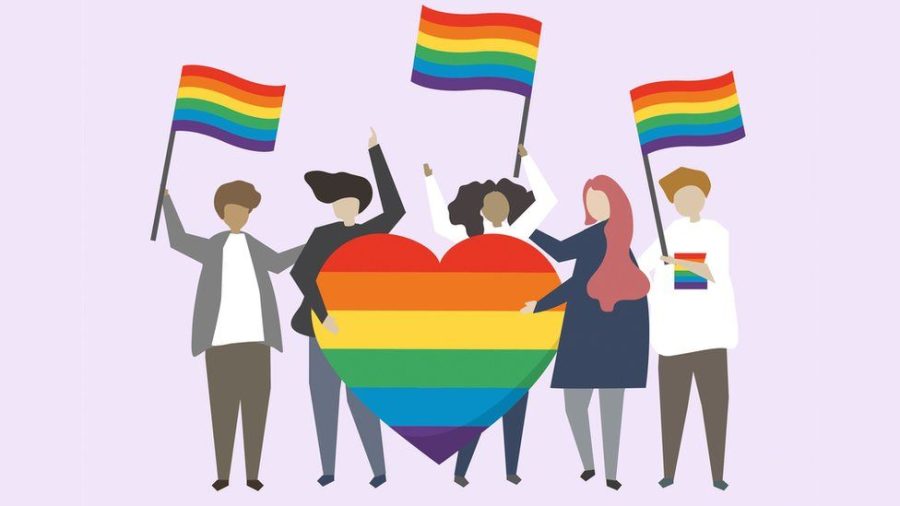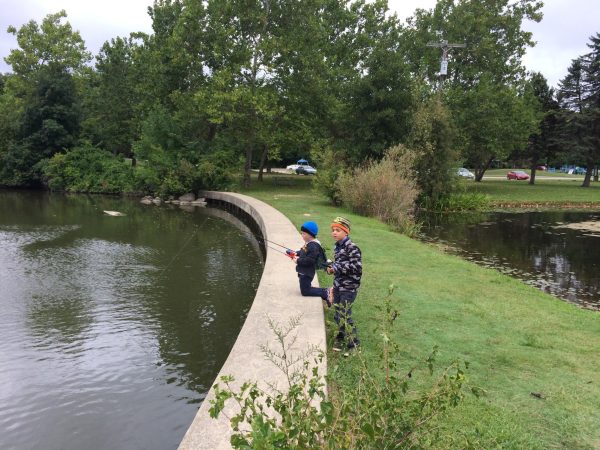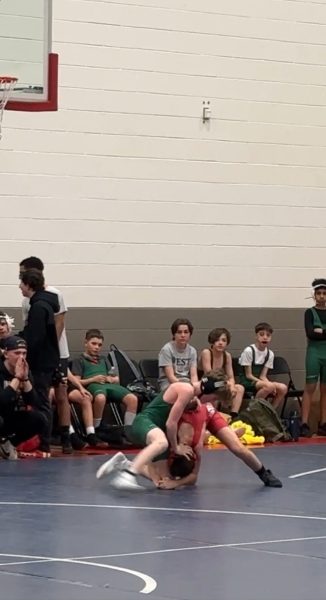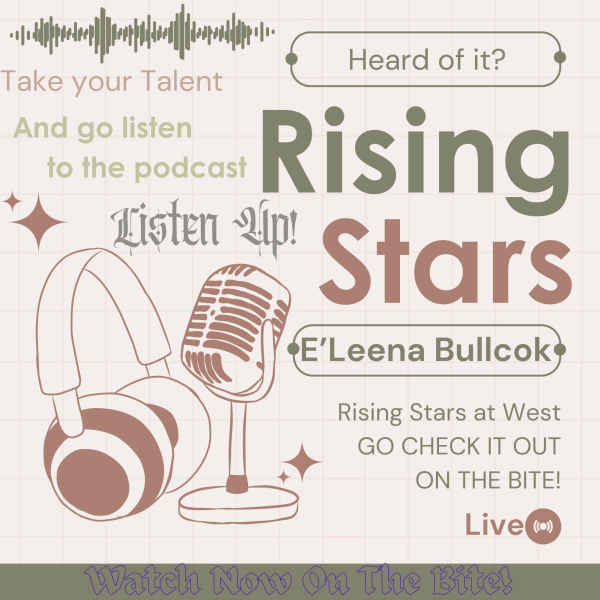LGBTQ Bullying, What It Causes and How You Can Help
April 3, 2023
Adding onto the stresses of being a teenager already, the stressors of being bullied for being a member of the LGBTQ community is terrible. According to The Trevor Project, in 2021, 52% of middle or high school students in the LGBTQ community reported being bullied either online or in person.
As Plymouth Canton Community Schools states, “It is the policy of the District, 5517.01, to provide a safe and nurturing educational environment for all of its students. This policy applies to all activities on school property and to all school sponsored activities whether on or off school property. This policy protects all students from bullying/aggressive behavior regardless of the subject matter or motivation for such impermissible behavior.” Even though Plymouth-Canton Schools do a good job of keeping bullying (somewhat) at bay, West students still get bullied outside of school due to their gender and sexuality identities.
Here are some things you can do to help out someone who is going through bullying and to help them feel more included.
1. Make sure that you are never the bully. If you think you are, always take a step back to acknowledge your behavior before you go out and do that bad thing to somebody. By you not making a rude remark to someone about their identity, you could save that student’s life.
2. Use peoples correct name and pronouns. One of the main ways that students under the transgender umbrella feel discriminated is by people using their dead name or wrong pronouns. A dead name is the name that a transgender person was given at birth and no longer uses upon transitioning. And before you think, “but it would take me forever to remember their new name!” Well, with a little time and patience, you will get it right soon. And remember, its okay to slip up sometimes, as long as you always strive to fix it.
3. If somebody opens up to you, always make sure that you are giving your full attention. From experience, I feel more heard when I see people making eye contact with me, asking questions about my problems, and not zoning out while I talk. So, always try to do these things if somebody is opening up to you about their problems and they will feel more seen and heard.
Now, these are only just three ways to help out an LGBTQ student, and there are many more ways. If you ever need help, you can always talk to somebody like Mrs. Hine, West’s GSA Adviser, or anybody in GSA’s safe space or peer mediation committees.











Ariana • Apr 6, 2023 at 11:14 am
Thanks for the info!